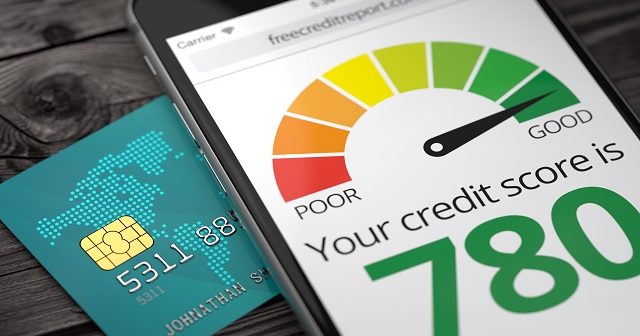India’s economic landscape is undergoing a rapid transformation. With a burgeoning middle class and a growing emphasis on digital financial services, access to credit has become paramount. However, the current credit score system, heavily reliant on formal credit history, fails to capture the financial realities of a large segment of the population. This article argues for a revamped credit score system that integrates alternative data sources and caters to the unique needs of the Indian market, fostering greater financial inclusion.
The Limitations of the Current System
The existing credit score system in India primarily relies on data from credit bureaus like CIBIL. These bureaus collect information from banks and financial institutions about an individual’s borrowing and repayment behavior on formal loans and credit cards. However, a substantial portion of the Indian population, particularly in rural areas and the informal sector, lacks access to formal credit. This creates a significant “credit invisible” segment, deemed ineligible for financial products due to the absence of a credit score.
Furthermore, the current system focuses heavily on credit history, overlooking other aspects of financial responsibility. Timely payments of rent, utility bills, or even recharges can indicate an individual’s financial discipline. However, this data remains untapped by the current system.
The Need for Change: Expanding the Credit Universe
Revamping the credit score system in India necessitates incorporating alternative data sources. This includes:
- Cash Flow and Transaction Data: Data from bank accounts, including salary inflows regularity of bill payments, and cash flow management, can offer valuable insights into an individual’s financial health. Open Banking initiatives, with proper safeguards, could enable lenders to access this data with a customer’s consent.
- Bill Payment History: Timely payments of utility bills, rent, or mobile recharges demonstrate responsible financial behavior. Integrating data from these service providers can paint a more holistic picture of an individual’s creditworthiness.
- Digital Footprint: Information from digital transactions, e-commerce purchases, and even ride-hailing app usage can reveal spending habits and repayment behavior. Analyzing such data, while ensuring privacy concerns are addressed, can provide valuable insights for credit scoring.
Incorporating these alternative data sources can significantly expand the credit universe in India. Individuals with limited or no formal credit history can be assessed for their creditworthiness, opening doors to financial products and services. This can be particularly beneficial for micro, small, and medium enterprises (MSMEs), a critical driver of the Indian economy. MSMEs often struggle to access formal credit due to a lack of a robust credit history. Integrating alternative data points can empower them to secure loans and fuel their growth.
Building a More Inclusive System
Beyond incorporating alternative data, revamping the credit score system requires other crucial steps:
- Standardization and Regulation: To ensure data accuracy and responsible use of alternative data sources, robust standardization and regulatory frameworks are needed. This includes clear guidelines for data collection, storage, and sharing, along with strong data privacy protections.
- Financial Literacy Programs: Building awareness about credit scores and how the revamped system works is crucial. Educational campaigns can empower individuals to understand their credit health, manage their finances effectively, and utilize credit responsibly.
- Collaboration between Traditional and New Players: Fostering collaboration between credit bureaus, banks, fintech companies, and alternative data providers can create a more inclusive credit ecosystem. Sharing data responsibly and securely can enable a more comprehensive assessment of creditworthiness.
The Benefits of a Revamped System
A revamped credit score system in India holds immense potential for both individuals and the economy. Here are some key benefits:
- Financial Inclusion: Millions of individuals who are currently credit invisible will gain access to formal credit products and services. This can empower them to invest in their businesses, education, or homes, propelling economic growth.
- Improved Credit Risk Assessment: By incorporating a wider range of data points, lenders can assess creditworthiness more accurately. This can lead to better loan decisions, reducing defaults and improving the overall health of the financial system.
- Innovation in Financial Products: A more inclusive credit system can pave the way for innovative financial products tailored to the specific needs of different segments of the population. This can lead to greater financial inclusion and empower individuals to achieve their financial goals.
Challenges and the Road Ahead
Revamping the credit score system in India presents challenges. Data privacy concerns need to be addressed with robust regulations and consumer awareness campaigns. Additionally, ensuring data accuracy and responsible use of alternative data sources requires strong governance frameworks.
However, the potential benefits of a more inclusive credit system far outweigh the challenges. By embracing innovation, fostering collaboration, and prioritizing financial literacy, India can create a credit score system that truly reflects the financial realities of its population. This will not only empower individuals but also unlock the full potential of the Indian economy.





